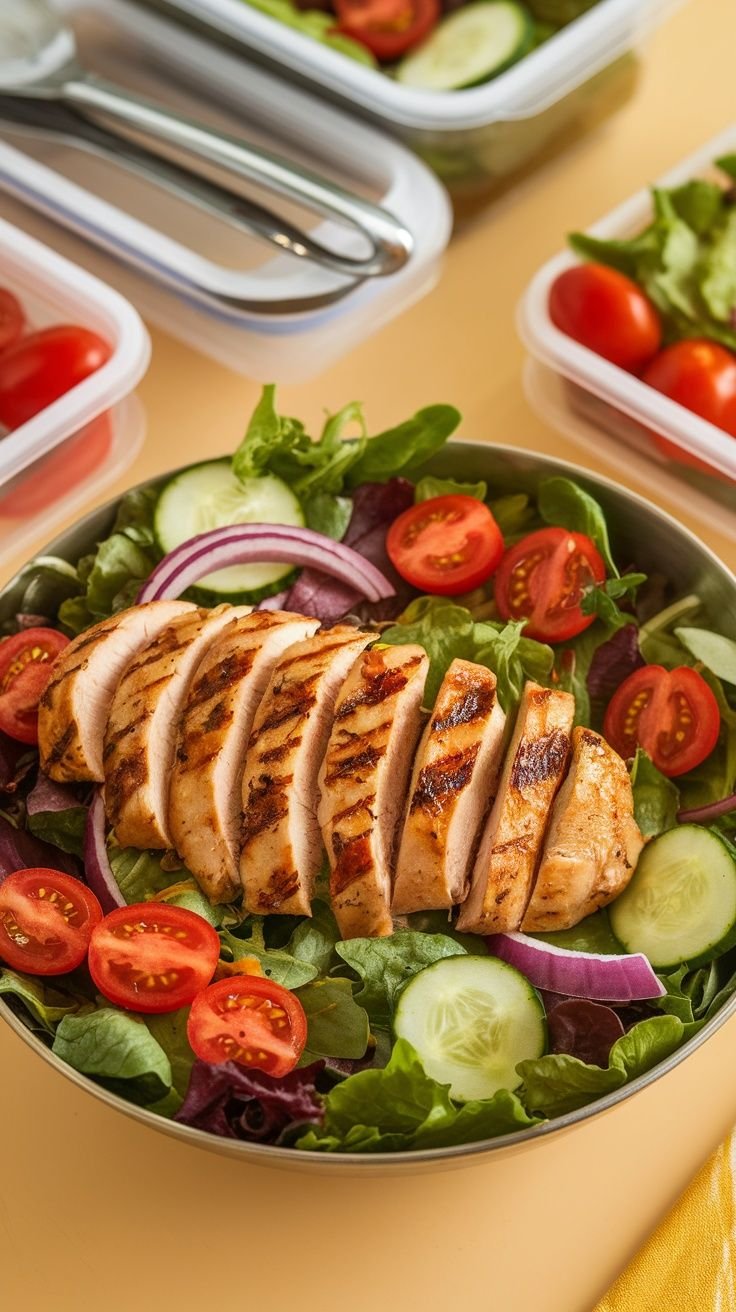Balancing work demands with healthy eating is challenging, but meal preparation can save time, reduce stress, and improve nutrition. With efficient strategies and tools, even the busiest professionals can maintain a balanced diet without sacrificing convenience or quality. Below are practical, up-to-date meal prep tips tailored for hectic schedules.
Plan Before You Shop
Start with a simple weekly menu that includes breakfast, lunch, dinner, and snacks. Focus on recipes with overlapping ingredients to save both money and time. Digital apps like Mealime, Paprika, and Plan to Eat now offer automated shopping lists based on chosen meals, making the process seamless.
Batch Cook Staples
Cooking large batches of grains, roasted vegetables, or lean proteins at once reduces weekday cooking time dramatically. Quinoa, brown rice, and lentils can be prepared in advance and stored in airtight containers for up to five days. Pre-roasted vegetables like sweet potatoes, carrots, and broccoli reheat well and retain their flavor.
Use Time-Saving Appliances
Modern kitchen gadgets such as pressure cookers, air fryers, and slow cookers make healthy meal prep faster and more efficient. A pressure cooker can cook chicken breast in 10 minutes, while an air fryer crisps vegetables in half the usual oven time with less oil.
Portion and Store Correctly
Invest in high-quality, BPA-free containers to portion meals for the week. Clear containers allow you to see what you have, and stackable designs save fridge space. Labeling each container with the date ensures freshness and helps you rotate meals appropriately.
Opt for Balanced Macros
A well-balanced meal includes protein, healthy fats, and fiber-rich carbs. For example, grilled salmon with quinoa and steamed broccoli offers omega-3s, complex carbohydrates, and fiber. Incorporating colorful fruits and vegetables also boosts vitamin and antioxidant intake.
Keep Healthy Snacks Handy
Prepare grab-and-go snacks like hummus with sliced vegetables, boiled eggs, or mixed nuts. These prevent impulsive junk food purchases and stabilize blood sugar between meals. Pre-portioning snacks into small containers or bags avoids overeating.
Leverage Frozen Ingredients
Frozen fruits and vegetables are nutritionally comparable to fresh options and save washing and chopping time. They also reduce food waste because they last longer. Keep a stock of frozen berries, spinach, and mixed vegetables to add quickly to meals or smoothies.
Prep Proteins Efficiently
Marinate and cook proteins in bulk, then vary the seasonings throughout the week to keep meals interesting. For instance, roasted chicken can be served in a wrap one day, atop a salad the next, and in a grain bowl another.
Embrace No-Cook Options
When time is very tight, no-cook meals can save the day. Salads with canned tuna or chickpeas, whole-grain wraps with vegetables and hummus, or yogurt parfaits with fruit and nuts are nutritious and ready in minutes.
Schedule Time to Prep
Dedicate a consistent time each week—often Sunday or an evening—to prep meals. Blocking 1–2 hours ensures you stay organized and avoid last-minute unhealthy choices. Treat this as a non-negotiable appointment with yourself.
Final Thoughts
With a thoughtful approach and modern tools, meal prep becomes a manageable habit that supports both your health and your busy schedule. These strategies minimize daily decisions, reduce stress, and ensure access to nutritious meals throughout the week. Experiment with different techniques until you find a routine that fits your lifestyle.
If you’d like, I can also craft a meta description, targeted keywords, internal linking ideas, and schema markup suggestions for better SEO performance. Let me know!



